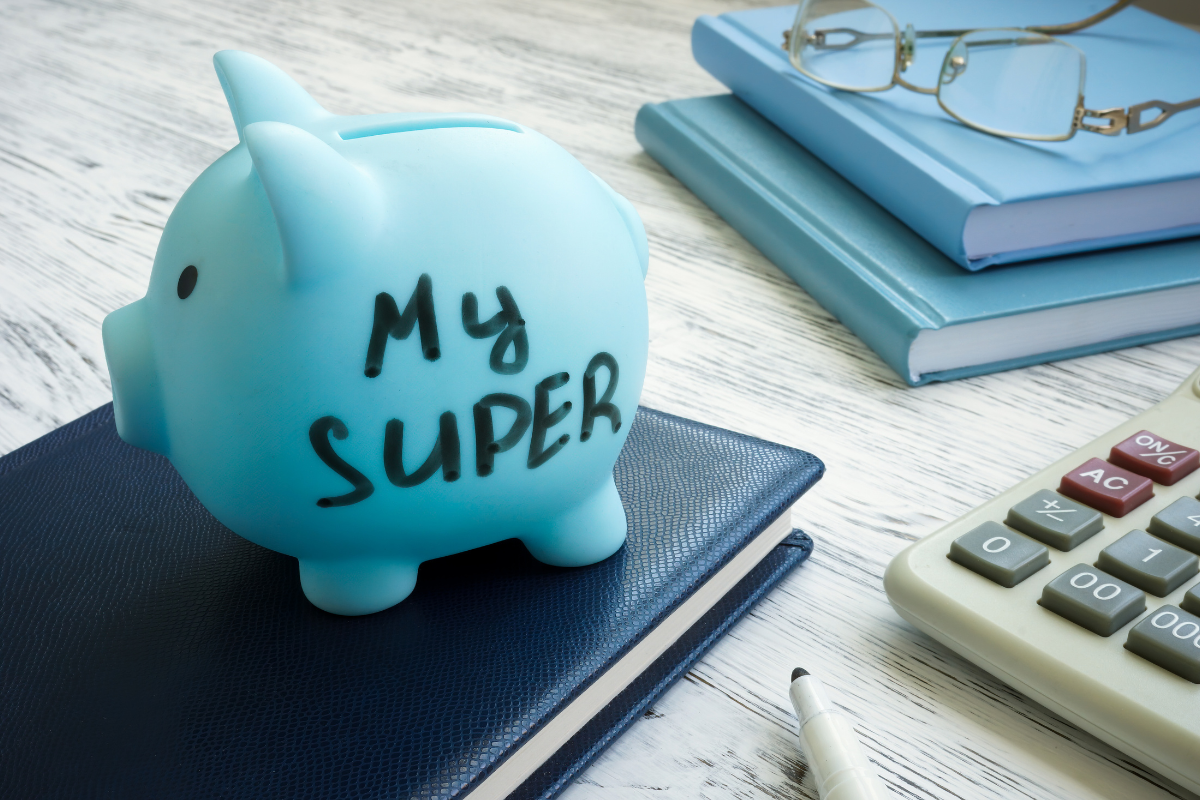Get retirement ready, no matter your age
With Aussies living longer than ever, you could be spending many happy years in retirement. But did you know that to maintain your standard of living, you’ll need around two-thirds of your pre-retirement income, for the duration of your retirement?
It’s never too early or too late to start taking an interest in your super. Here’s what to focus on at each stage of life.
In your 20s
Many people join the workforce for real in their early 20s, making this a great time to get the super fundamentals in place. Here are the steps to take:
- Choose a superannuation fund
At this age, there are many years ahead before you’re able to access your super (generally from age 65). Such a long investment timeline means you can consider taking on more risk, as your investments will have more time to recover from any market ups and downs.
There’s lots to consider when choosing a super fund, and the level of risk you’re happy to accept is one factor. You’ll also need to consider what the fees are, and perhaps you’d even like to know what your money is being invested in.
- Consolidating your super
If you’ve worked several part time or casual jobs in your teens and early twenties, chances are you may already have more than one superannuation fund set up in your name.
Finding and consolidating all of your super into one account is fast and easy using the ATO’s online services. Simply login to your MyGov account, choose ‘ATO’ from the service menu (you’ll need to link it if you haven’t already), and then, once on the ATO site, select ‘Super’.
- Adding to your super
With so many years to go before you retire, it’s worth salary sacrificing a little extra, and adding any windfalls like a bonus or tax return, into your super. The power of compound interest means funds invested in your 20s will be worth much more by the time you retire.
In your 30s
This is the decade when you’ll really start to see your superannuation take off. As your income rises, so too do your employer sponsored super contributions. This can work wonders for your super balance, especially if you’re able to salary sacrifice a little extra into your super each month.
It’s a good time to conduct a super health check and review your strategy to make sure it’s working for you. Compare the performance of your super fund, and check whether you’re on track to having enough super to retire on. You might also like to review your investments with a financial advisor and put a financial plan in place.
Personal insurance becomes much more important at this age, as your responsibilities grow. Many of life’s major events happen in your 30s, such as marriage, children and buying your first home!
In your 40s
With retirement starting to feel more real, your 40s are a good time to focus on paying down debt and ensuring your super balance is on track. Look into how much super you’ll need to retire and check whether you’re going to reach that figure. If not, consider making extra payments, and review your investment strategy with a professional.
Your earnings are likely to peak sometime between 45 – 54 years, so you’ll have more income than ever. However, this is often matched by higher expenses (think kids, schooling and a mortgage) as well as unexpected expenses, like health issues and even divorce. So aim to live within your means and put aside a little extra for retirement.
Remember, if you’ve taken time out of the workforce to care for children or family, you’ll need to be even more active with your superannuation once you return to work. The good news is you can make up the difference by salary sacrificing and making lump sum contributions to top up your super in later years.
If you have any questions at all about preparing for retirement, get in touch with the team at ADR Wealth..
Source: FPA Money & Life





